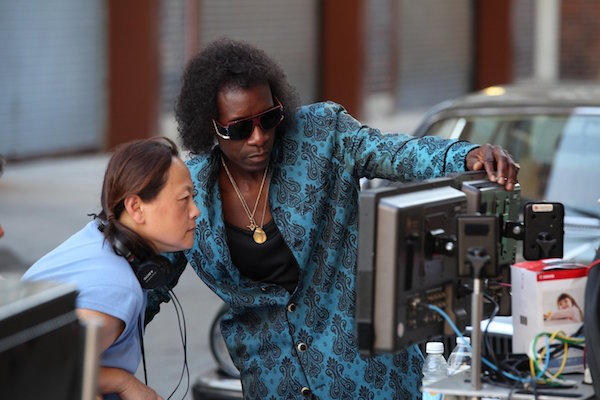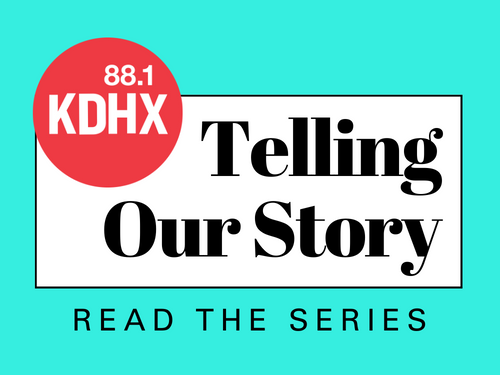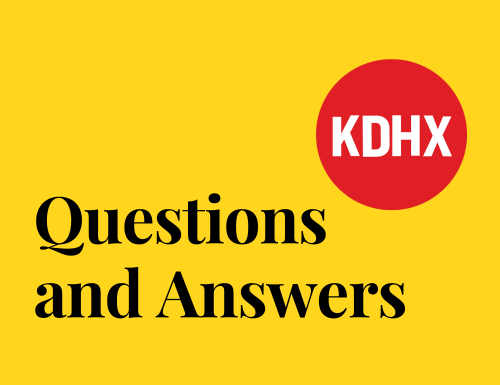
'Miles Ahead' is more pet project than history
By Martha K. Baker
Don Cheadle's name is all over Miles Ahead, his bio-paean to the great trumpeter, Miles Davis. The film plonks within a mare's nest of recent homages to bad men who played great music: Born To Be Blue about Chet Baker and I Saw the Light about Hank Williams.
Cheadle's work -- as director, co-writer, producer, fund-raiser, and lead actor -- endeavors mightily to tell something of the story of Davis. It's a film that Cheadle says, he thinks, Miles Davis would like to star in, a film that pictures him as "gangsta." Or as a mannequin, a style-setter. He's also somewhat of a silent star, given that he has been unmusical for five years.
Davis is certainly not a gentleman. He insists that his talented wife, Frances Taylor, give up her career for him and his. He is drugged more often than he is clean. In 1975, when the film is set, Davis has stopped producing but insists that he is entitled to be paid and his producers should just bet on the come. He is arrogant. As he says, "If you're going to tell a story, come with some attitude." He also says, "When you're creating your own stuff, even the sky isn't the limit." He insists that "jazz" be called "social music" though what that means, he does not explain.
Even with the device of Ewan McGregor as a reporter, the plot of Miles Ahead does not explain a lot. Certainly not about the creative process. When asked if he ever took piano lessons, all Davis declares is, "No, I woke up black and I could play."
The film's energy is electrified in the production values, in lights and camera shots: on Davis' busy man cave, through the bowels of his horn, a red light on the bell of his horn, Davis playing in silhouette.
Cheadle's energy rains from every pore whether alone or as he interacts with the reporter or with promoters and dealers and musicians. Still, Miles Ahead is more vertical vignette than horizontal panorama. Its texture is right but its music is slight.



